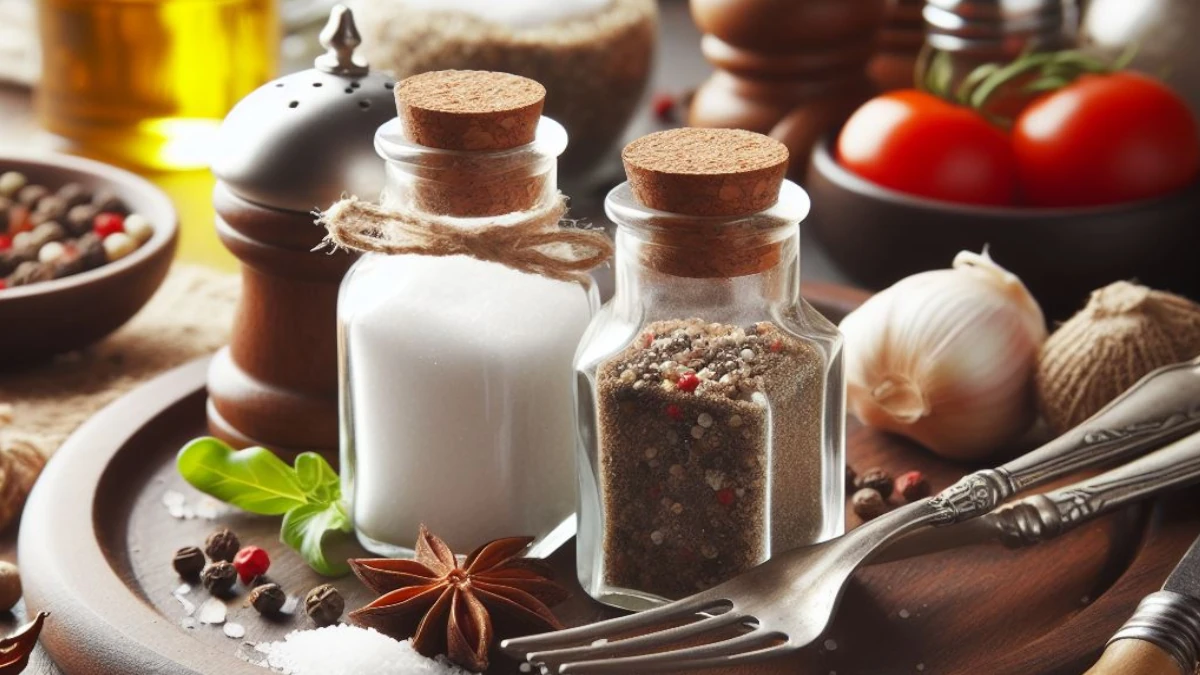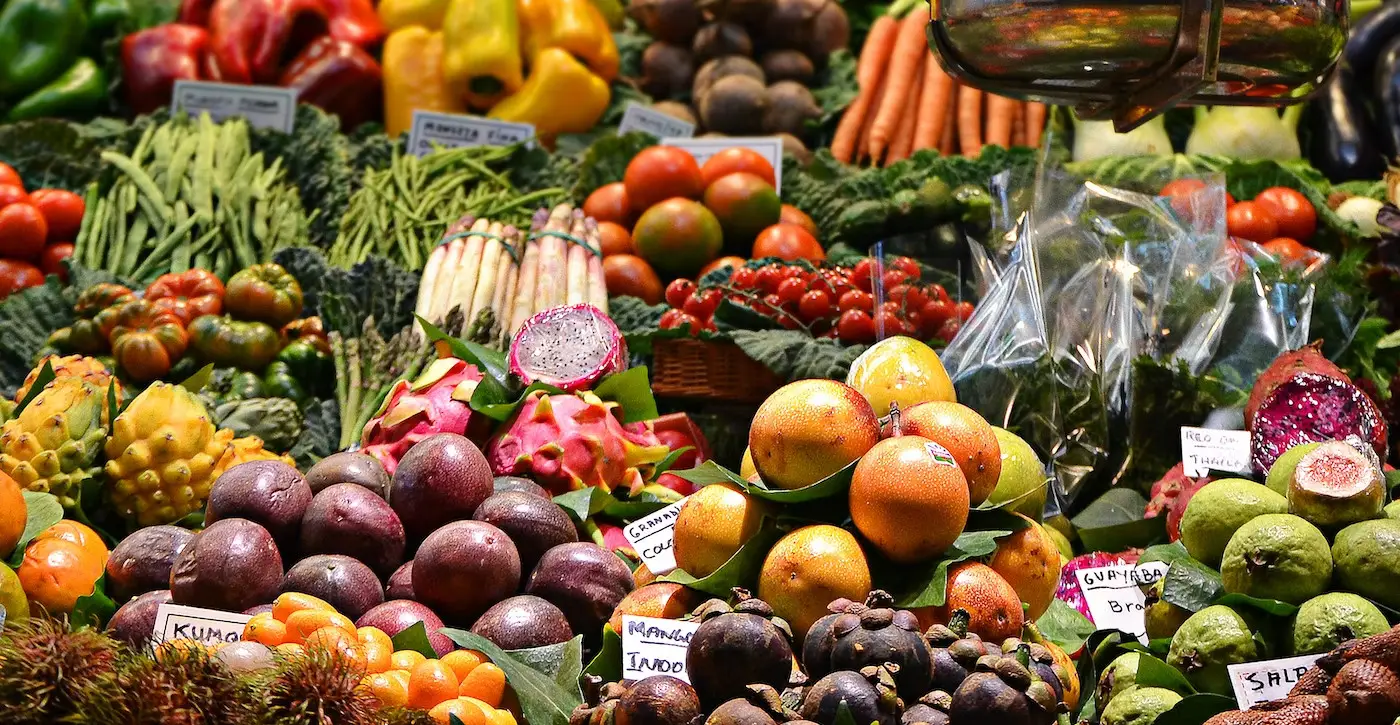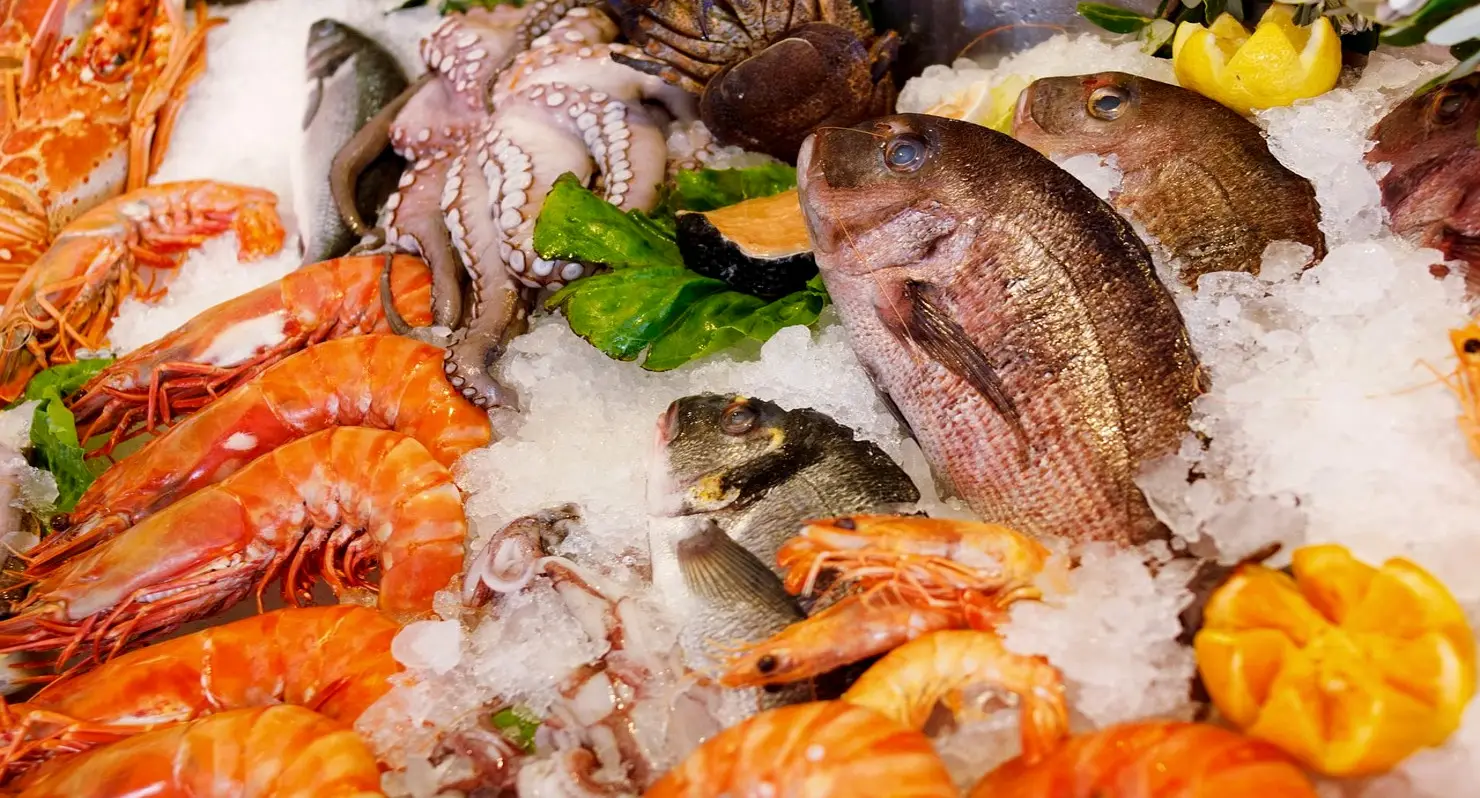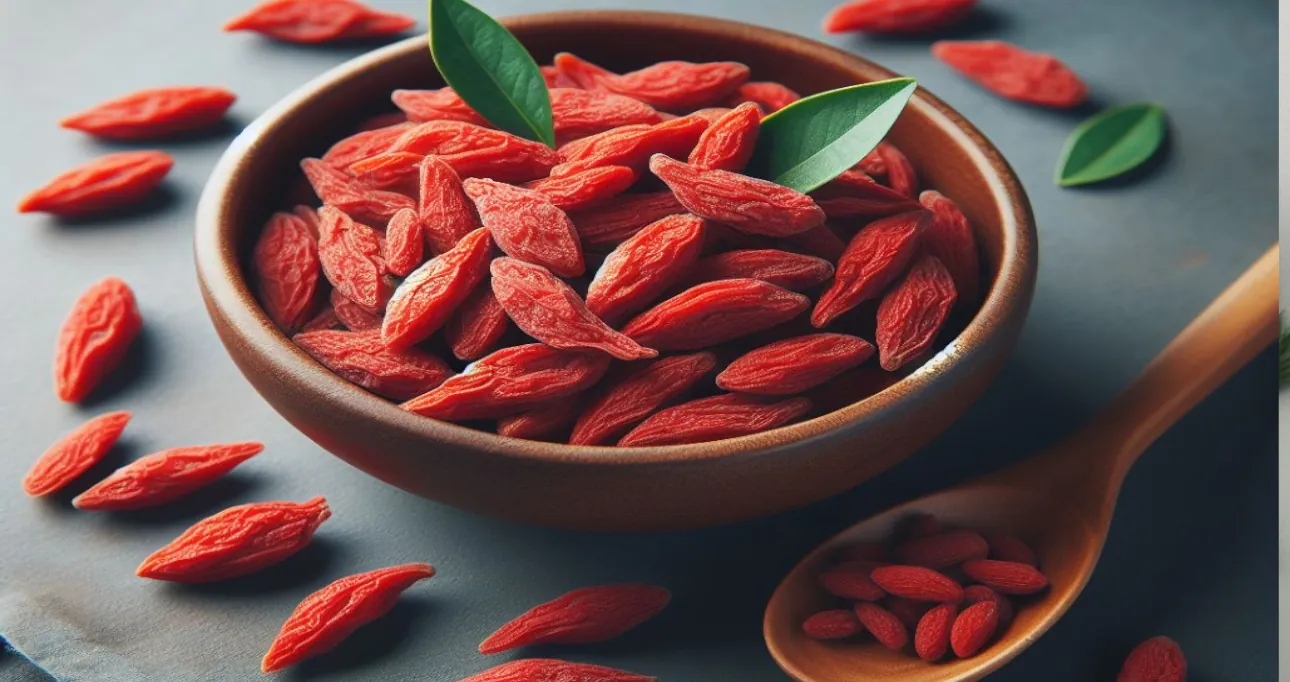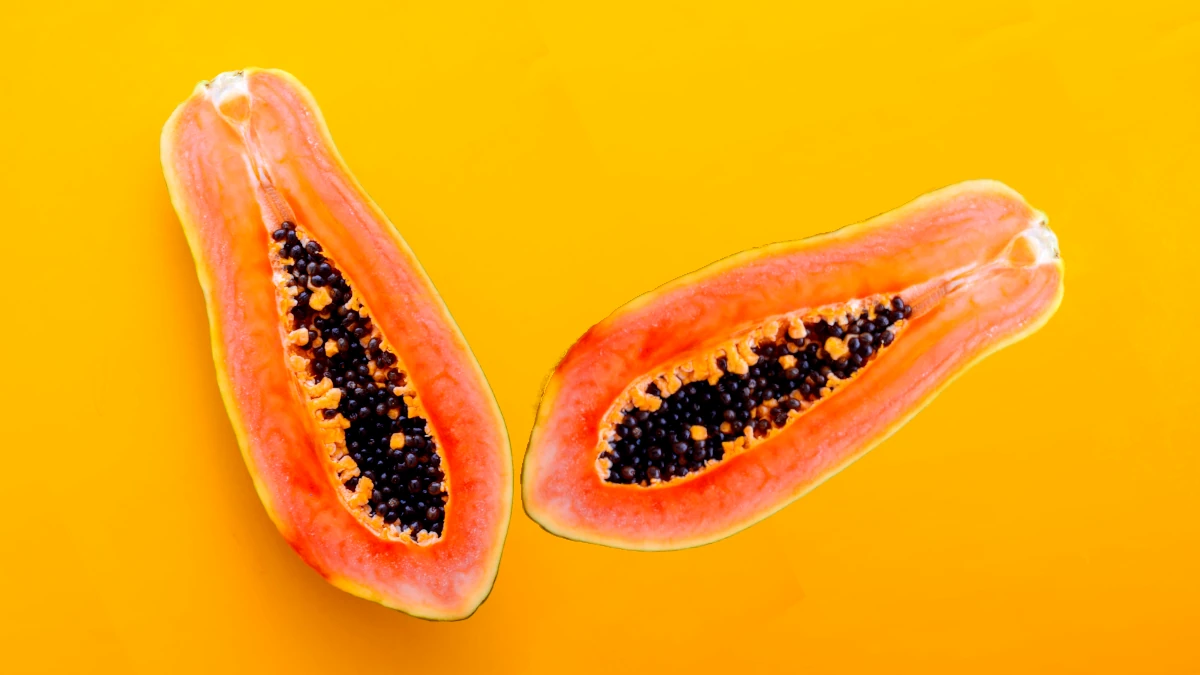Dill Lysine and Arginine Info Sheet
Overview
Dill, known for its unique taste and aroma, is a herb often used in pickling and as a seasoning in salads, soups, and fish dishes.Dill is often used in cooking for its flavor. It’s also a good source of vitamin C and manganese. However, it’s usually consumed in small amounts, so it doesn’t contribute significantly to your daily nutrient intake.
| Name | Lysine (mg/100g) | Arginine (mg/100g) | Ratio |
|---|---|---|---|
| Dill | 246mg | 142mg | 1.73 |
Dill contains 246mg of Lysine and 142mg of Arginine per 100g of product.
This means Dill has a high Lysine-Arginine ratio of 1.73.
Because Dill contains much higher levels of lysine than arginine, it is highly recommended for people who suffer from herpes, as it may prevent outbreaks.
Lysine Considerations
Dill has 246mg of lysine per 100g. While this isn’t a significant amount, every bit counts towards meeting your daily lysine needs.
It's one of the nine amino acids that the body can't produce, so it must be included in our diet.
Lysine has a variety of roles in the body, such as aiding in growth, healing, energy production, immune function, and the production of collagen.
Research indicates that lysine may have an impact on the herpes virus, which is responsible for cold sores and genital sores.
Taking lysine supplements or using lysine cream could potentially prevent or treat these infections by stunting the amino acid arginine, which the virus requires for growth.
Arginine Considerations
Dill has 142mg of arginine per 100g. This is a relatively low amount, so it’s unlikely to have a significant impact on your arginine intake.
Arginine has many benefits for our overall health and performance, such as lowering blood pressure, enhancing wound healing, and increasing exercise endurance.
Arginine can also affect the herpes virus, which causes cold sores and genital herpes.
Studies suggest that arginine may help the virus grow and cause outbreaks, so people with herpes may want to avoid foods that are high in arginine or take lysine supplements to block its effects.
Lysine-Arginine Ratio
The lysine-arginine ratio in dill is greater than 1, indicating a higher lysine content.
This is beneficial for those with herpes, as a higher lysine intake can help suppress the virus and reduce the frequency of outbreaks.
Both lysine and arginine play crucial roles in protein synthesis and other metabolic activities.
Interestingly, they have contrasting effects on the herpes simplex virus, which is responsible for cold sores and genital herpes.
Lysine can inhibit the virus's ability to replicate, while arginine can promote it.
Consequently, consuming foods with a high lysine to arginine ratio may help decrease the frequency and severity of herpes flare-ups.
Foods with a high lysine-arginine ratio include dairy products, fish, poultry, fruits, and vegetables.
These foods can supply the body with sufficient lysine to block the virus's availability of arginine, thereby preventing its growth and spread.
Dietary Considerations
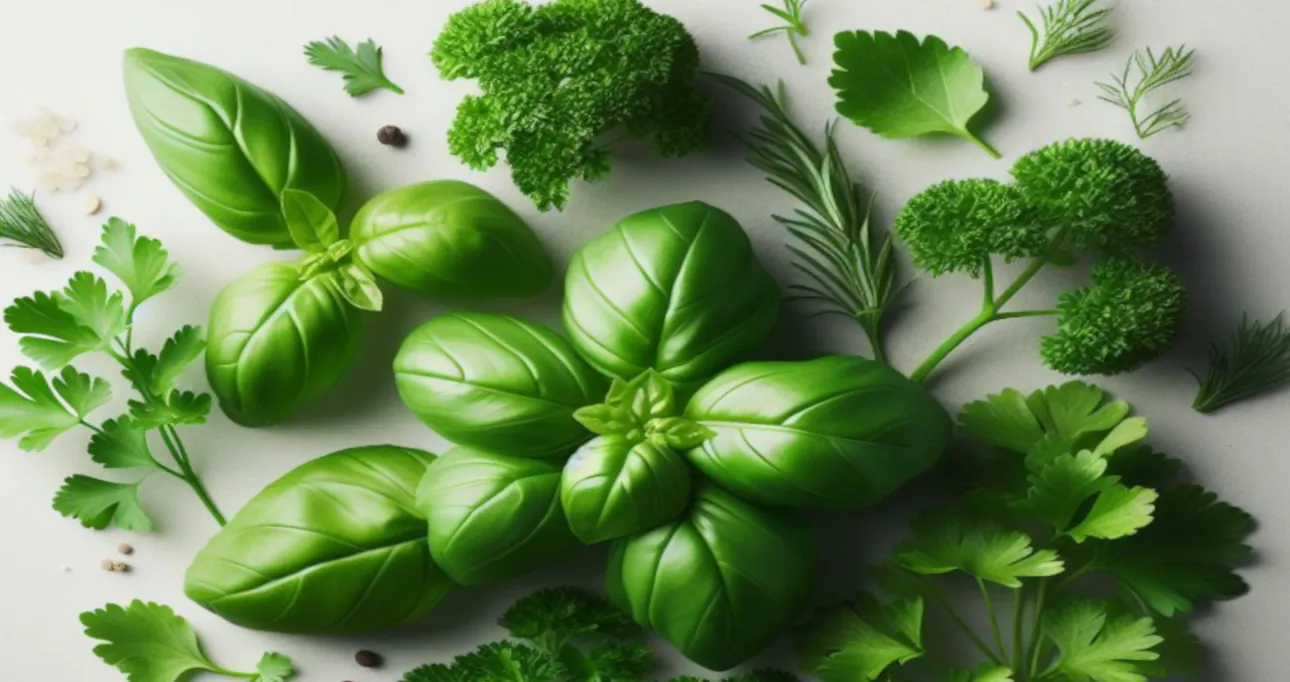
For example:
Avoid alcoholic beverages and caffeine which can overstimulate your body, leave you dehydrated, and compromise your immune system.L-lysine supplementscan help you prevent herpes outbreaks and stop a cold sore before it develops by depriving the virus of arginine, which it needs to form a cold sore.
Other food supplements, such as vitamin C, zinc, selenium, and antioxidants, can help you boost your immunity and protect your cells from oxidative stress.
Your immune system can be weakened and inflammation can be increased by foods that can cause allergic reactions or sensitivities, such as gluten, dairy, nuts, eggs, or shellfish.
Avoid these foods to avoid outbreaks.
Pain, swelling, and itching can be reduced by eating foods that have anti-inflammatory, antiviral, and antibacterial properties, such as honey, yogurt, aloe vera, and chamomile.
These foods can also help you heal faster by promoting tissue repair.
Check more food information
